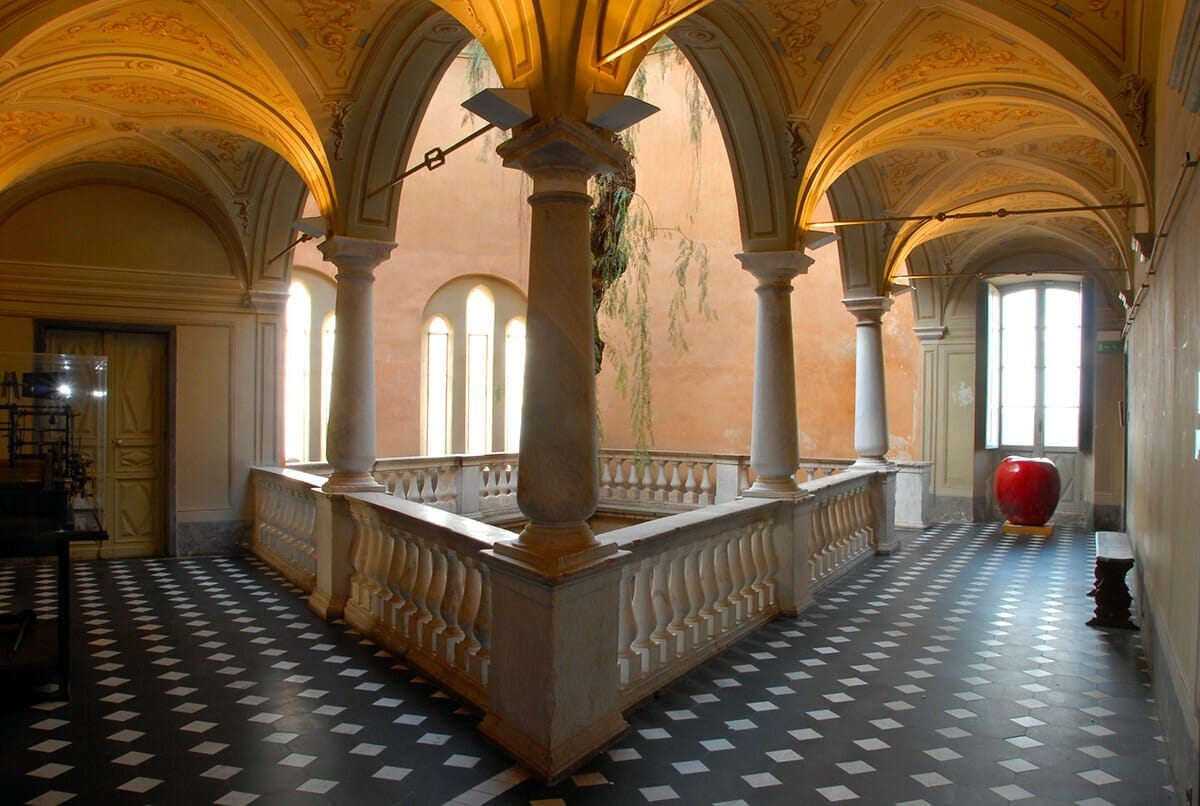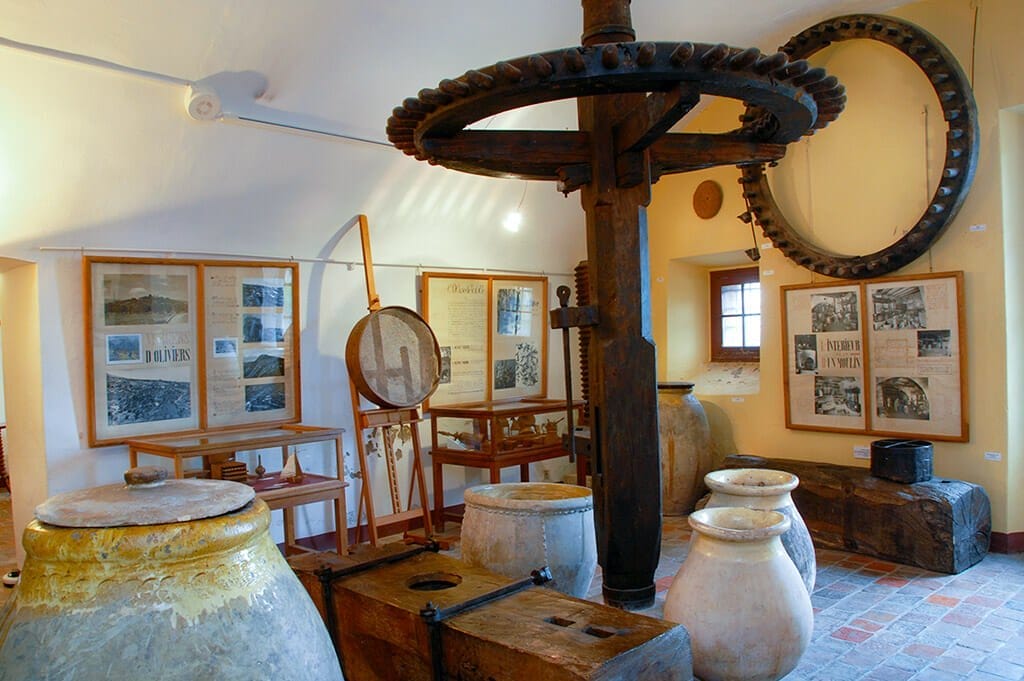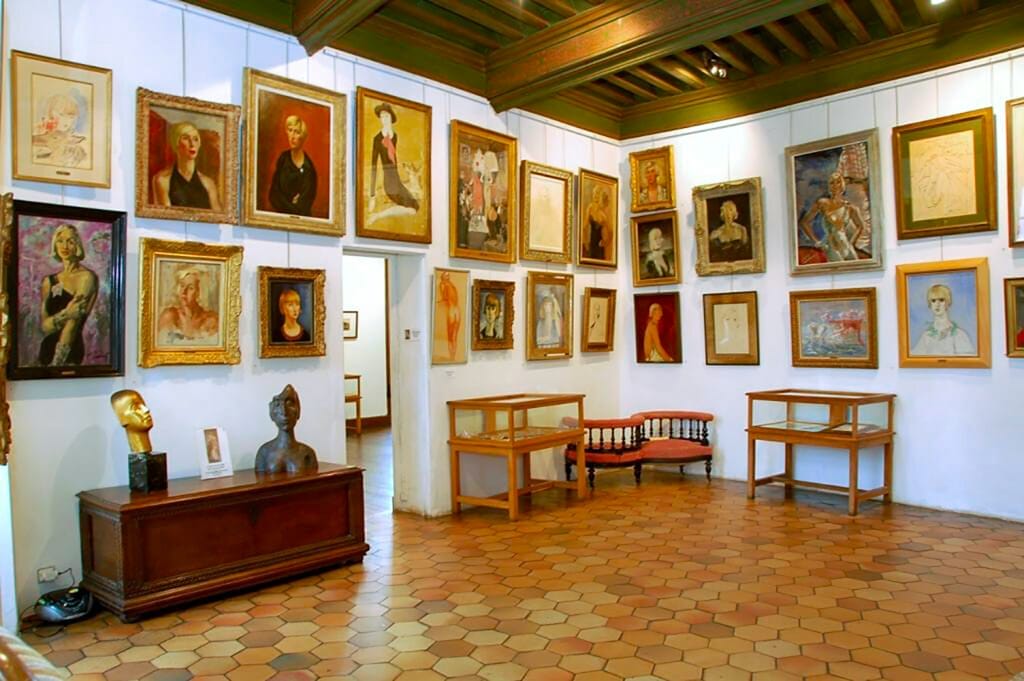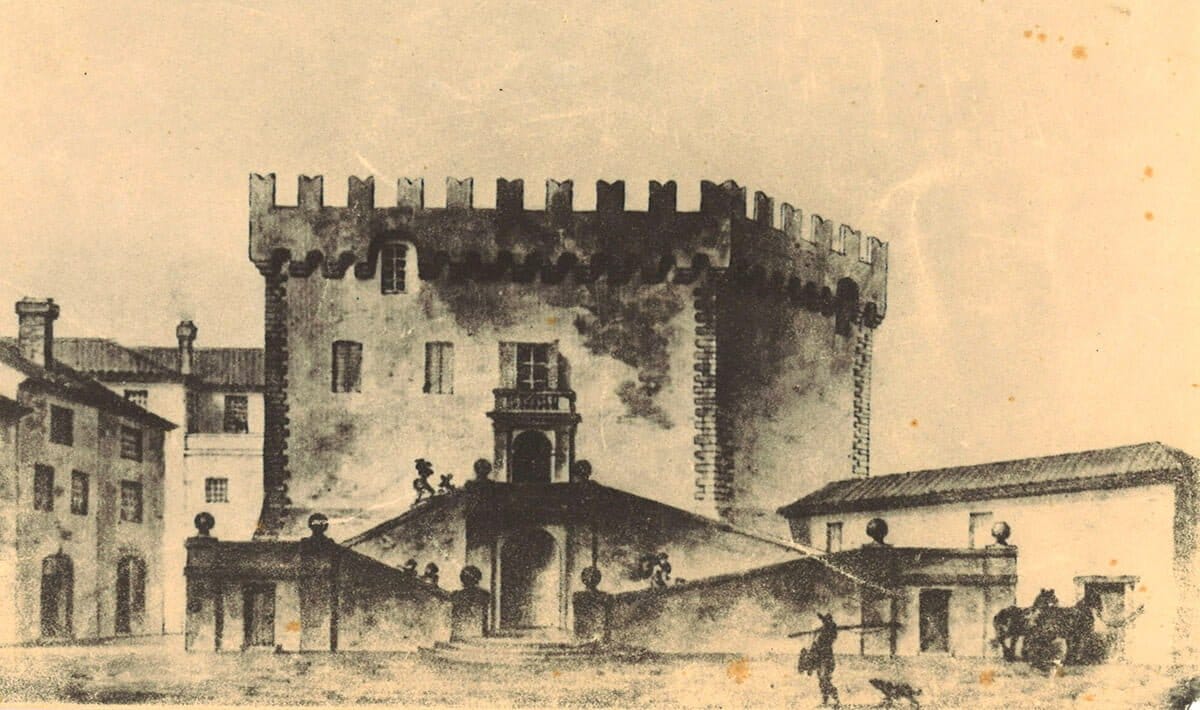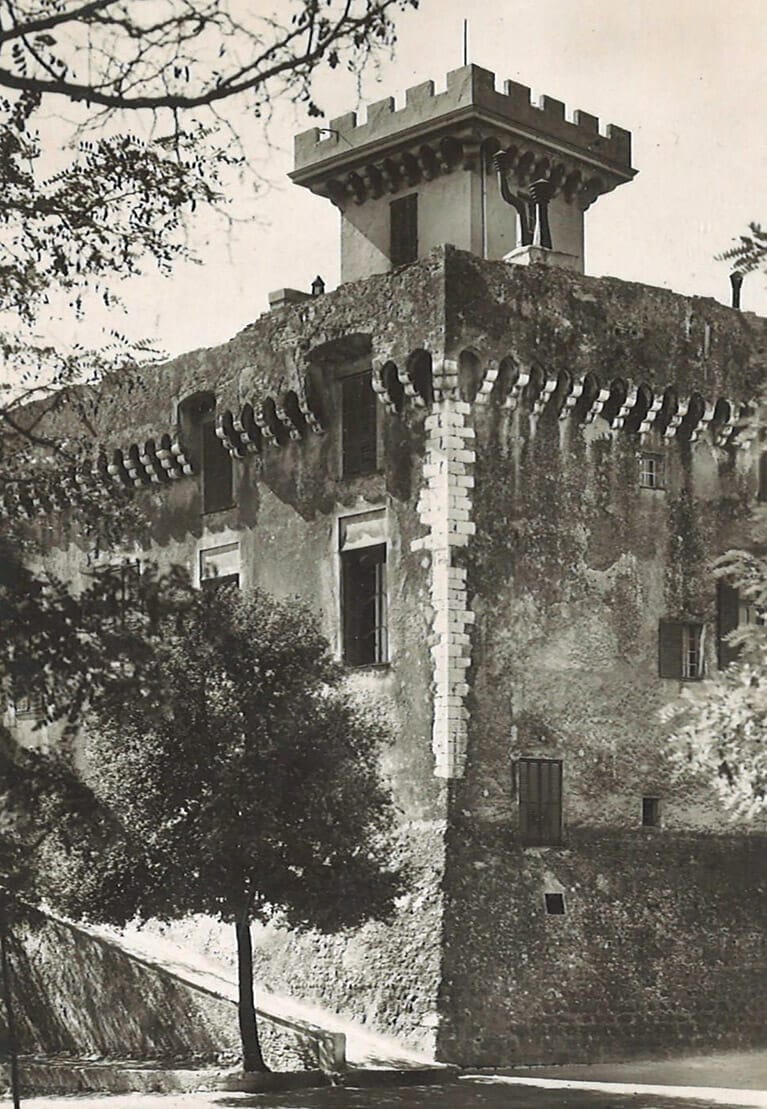- Explore
-
Cros-de-CagnesCros-de-Cagnes
-
PresentationPresentation
-
HistoryHistory
-
Renoir MuseumRenoir Museum
-
PresentationPresentation
-
HistoryHistory
-
Virtual galleryVirtual gallery
-
Guided tourGuided tour
-
Haut-de-CagnesHaut-de-Cagnes
-
PresentationPresentation
-
HistoryHistory
-
Guided tourGuided tour
-
Grimaldi Castle-MuseumGrimaldi Castle-Museum
-
PresentationPresentation
-
HistoryHistory
-
Guided tourGuided tour
-
Contemporary Jewelery MuseumContemporary Jewelery Museum
-
PresentationPresentation
-
HistoryHistory
Explore Cagnes-sur-Mer, discover its history and heritage...
-
- Enjoy
-
RestaurantsRestaurants
-
Private beachesPrivate beaches
-
By the seaBy the sea
-
DowntownDowntown
-
Haut-de-CagnesHaut-de-Cagnes
-
Polygone RivieraPolygone Riviera
-
ShoppingShopping
-
Polygone RivieraPolygone Riviera
-
BusinessesBusinesses
-
Merchant CityMerchant City
-
Fish marketFish market
-
MarketsMarkets
-
ActivitiesActivities
-
Nautical activitiesNautical activities
-
Cultural activities / ExhibitionsCultural activities / Exhibitions
-
Sports activitiesSports activities
-
Children's / Teenagers' activitiesChildren's / Teenagers' activities
-
French Riviera PassFrench Riviera Pass
-
AgendaAgenda
-
Current highlightsCurrent highlights
-
LeisureLeisure
-
RacetrackRacetrack
-
Casino TerrazurCasino Terrazur
-
CinemasCinemas
Cagnes-sur-Mer, a bustling city!
-
- Stay
-
AccomodationAccomodation
-
HotelsHotels
-
Hotel ResidencesHotel Residences
-
Bed and BreakfastBed and Breakfast
-
Furnished accommodationFurnished accommodation
-
CampsitesCampsites
-
Practical informationPractical information
-
Tourist officeTourist office
-
Map of the cityMap of the city
-
Coming to Cagnes-sur-MerComing to Cagnes-sur-Mer
-
Move freelyMove freely
-
Tourism and HandicapTourism and Handicap
-
- Explore
-
Cros-de-CagnesCros-de-Cagnes
-
PresentationPresentation
-
HistoryHistory
-
Renoir MuseumRenoir Museum
-
PresentationPresentation
-
HistoryHistory
-
Virtual galleryVirtual gallery
-
Guided tourGuided tour
-
Haut-de-CagnesHaut-de-Cagnes
-
PresentationPresentation
-
HistoryHistory
-
Guided tourGuided tour
-
Grimaldi Castle-MuseumGrimaldi Castle-Museum
-
PresentationPresentation
-
HistoryHistory
-
Guided tourGuided tour
-
Contemporary Jewelery MuseumContemporary Jewelery Museum
-
PresentationPresentation
-
HistoryHistory
Explore Cagnes-sur-Mer, discover its history and heritage...
-
- Enjoy
-
RestaurantsRestaurants
-
Private beachesPrivate beaches
-
By the seaBy the sea
-
DowntownDowntown
-
Haut-de-CagnesHaut-de-Cagnes
-
Polygone RivieraPolygone Riviera
-
ShoppingShopping
-
Polygone RivieraPolygone Riviera
-
BusinessesBusinesses
-
Merchant CityMerchant City
-
Fish marketFish market
-
MarketsMarkets
-
ActivitiesActivities
-
Nautical activitiesNautical activities
-
Cultural activities / ExhibitionsCultural activities / Exhibitions
-
Sports activitiesSports activities
-
Children's / Teenagers' activitiesChildren's / Teenagers' activities
-
French Riviera PassFrench Riviera Pass
-
AgendaAgenda
-
Current highlightsCurrent highlights
-
LeisureLeisure
-
RacetrackRacetrack
-
Casino TerrazurCasino Terrazur
-
CinemasCinemas
Cagnes-sur-Mer, a bustling city!
-
- Stay
-
AccomodationAccomodation
-
HotelsHotels
-
Hotel ResidencesHotel Residences
-
Bed and BreakfastBed and Breakfast
-
Furnished accommodationFurnished accommodation
-
CampsitesCampsites
-
Practical informationPractical information
-
Tourist officeTourist office
-
Map of the cityMap of the city
-
Coming to Cagnes-sur-MerComing to Cagnes-sur-Mer
-
Move freelyMove freely
-
Tourism and HandicapTourism and Handicap
-


